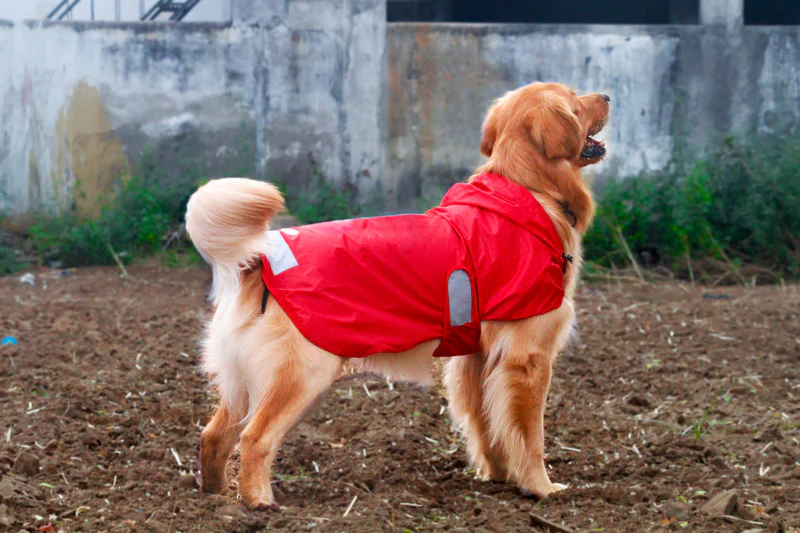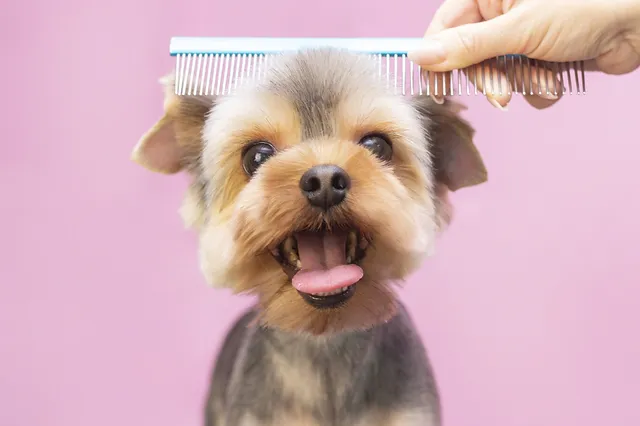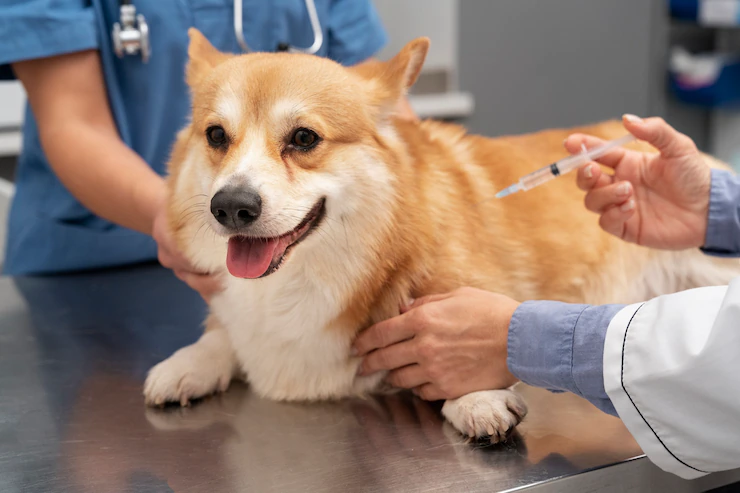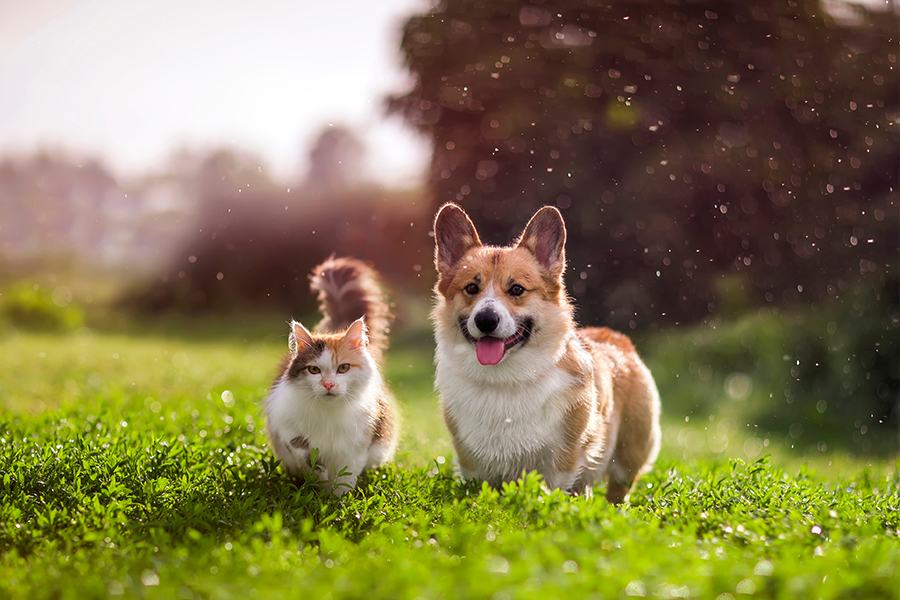The rainy season brings a refreshing change from the heat, but it also presents unique challenges for pet owners. Ensuring your pet stays healthy and comfortable during this time is crucial. Here are some essential tips to help you take care of your furry friend during the rainy season.
1. Keep Your Pet Dry
One of the most important things during the rainy season is to keep your pet dry. Wet fur can lead to skin infections and other health issues. Here’s how you can ensure your pet stays dry:

- Use a Pet Raincoat: Invest in a good quality pet raincoat that fits well. This will protect your pet from getting drenched and also keep them warm.
- Towel Dry: Always dry your pet thoroughly with a towel after they come in from the rain. Pay special attention to areas like the paws, ears, and underbelly.
- Drying Mat: Place a drying mat at the entrance of your home. This will help absorb the water from your pet’s paws before they enter the house.
2. Protect Their Paws
Wet and muddy conditions can cause a lot of problems for your pet’s paws. Here’s how to take care of them:
- Clean Paws Regularly: Make it a habit to clean your pet’s paws after every walk. Use a soft cloth or pet-safe wipes to remove dirt and moisture.
- Check for Infections: Inspect your pet’s paws regularly for signs of infections such as redness, swelling, or cuts. If you notice any issues, consult your veterinarian immediately.
- Paw Wax: Consider using paw wax to create a protective barrier between your pet’s paws and the wet ground.
3. Maintain a Clean and Dry Living Environment
A clean and dry living environment is essential to prevent infections and keep your pet comfortable:
- Dry Bedding: Ensure your pet’s bedding is dry and clean. Wash and dry it regularly to prevent mold and mildew.
- Ventilation: Keep your home well-ventilated to reduce humidity. This helps in preventing the growth of fungi and bacteria.
- Indoor Play Area: Create an indoor play area where your pet can exercise and play without getting wet.

4. Balanced Diet and Hydration
A balanced diet is crucial for your pet’s health, especially during the rainy season when they are more prone to infections:
- Nutrient-Rich Diet: Ensure your pet is getting a balanced diet rich in vitamins and minerals to boost their immunity.
- Hydration: Always provide clean and fresh water for your pet. Even though it’s rainy, your pet needs to stay hydrated.
- Avoid Wet Food: If possible, avoid giving your pet wet food as it can spoil quickly in humid conditions.

5. Regular Grooming
Regular grooming helps in keeping your pet clean and reduces the risk of infections:
- Brush Their Coat: Brush your pet’s coat regularly to remove dirt and prevent matting. This also helps in reducing shedding.
- Bathing: Bathe your pet as needed, but not too frequently. Overbathing can strip their coat of natural oils.
- Ear Care: Clean your pet’s ears regularly to prevent ear infections. Use a vet-recommended ear cleaner.
6. Exercise and Mental Stimulation
The rainy season can limit outdoor activities, but it’s essential to keep your pet physically and mentally stimulated:
- Indoor Games: Engage your pet with indoor games like fetch, tug-of-war, or puzzle toys.
- Training Sessions: Use this time to teach your pet new tricks or commands. It’s a great way to keep them mentally active.
- Short Walks: If the rain isn’t too heavy, take your pet for short walks. Ensure they wear a raincoat and dry them off afterward.
7. Prevent Parasites
The rainy season can increase the risk of parasites like ticks and fleas:- Regular Checks: Inspect your pet regularly for ticks and fleas. Pay attention to areas like the neck, ears, and underbelly.
- Preventive Treatments: Use vet-recommended flea and tick preventatives. These can be in the form of collars, spot-on treatments, or oral medications.
- Clean Living Area: Keep your home and your pet’s living area clean. Wash their bedding and toys regularly to prevent infestations.

8. Vet Visits
Regular vet visits are crucial to ensure your pet’s health:- Health Check-ups: Schedule regular check-ups with your vet to keep track of your pet’s health and catch any issues early.
- Vaccinations: Ensure your pet is up-to-date with their vaccinations. This is especially important during the rainy season when the risk of infections is higher.
- Emergency Kit: Have a pet emergency kit ready with essentials like bandages, antiseptic wipes, and your vet’s contact information.
Conclusion
Taking care of your pet during the rainy season requires a bit of extra effort, but it’s worth it to keep them healthy and happy. By following these tips, you can ensure your furry friend enjoys the rainy season as much as you do. Remember, a little precaution goes a long way in keeping your pet safe and comfortable.


